
Vascular dementia
The word “vascular” refers to the body’s network of blood vessels: the arteries, veins, and capillaries that carry blood to and from the heart and throughout the body. A healthy vascular system is essential for delivering oxygen and nutrients to the body’s organs and tissues and for removing waste products. Vascular dementia is a common form of dementia, caused by vascular problems in the brain.